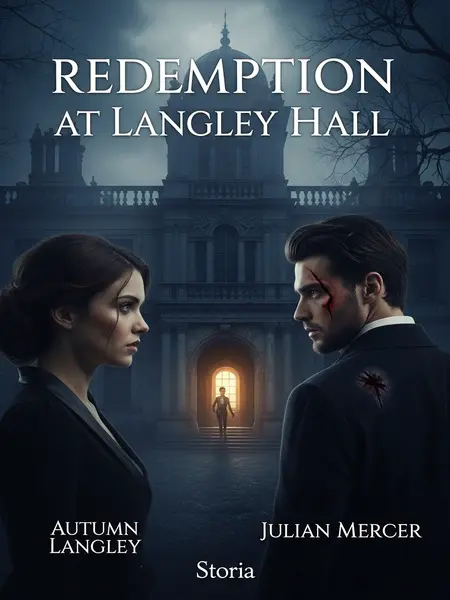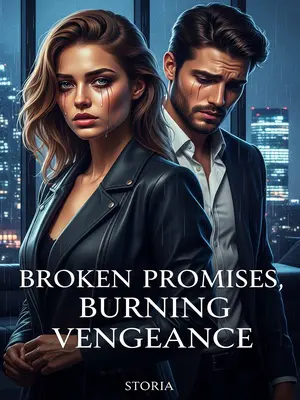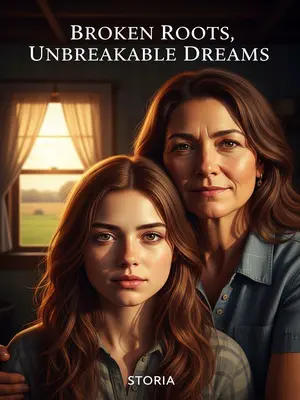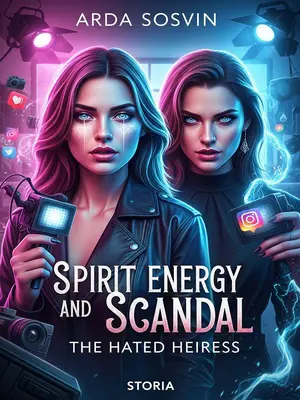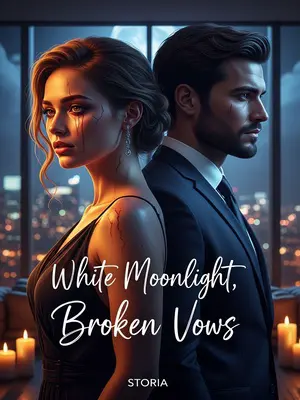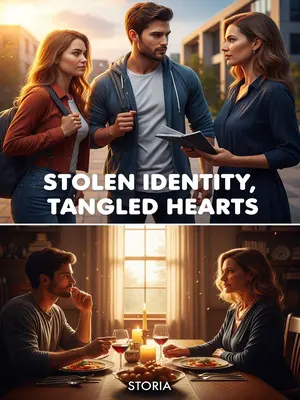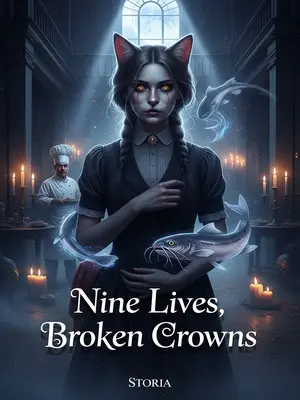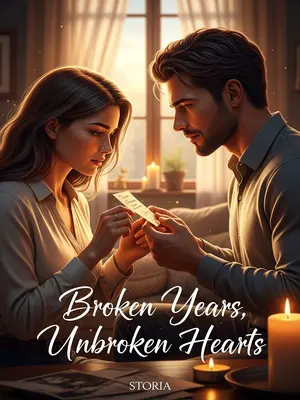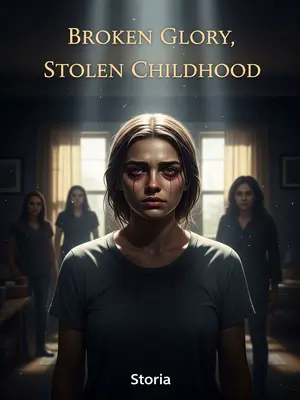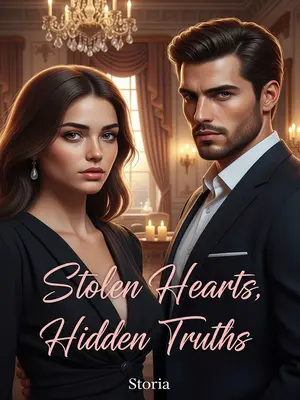Chapter 2: The Girl Behind the Glass
Julian caught my staring, curled his lips into a mocking half-smile, and drawled, "What kind of stunt are you pulling today, Autumn?"
His voice was sharp, each word laced with a bitterness that cut deeper than any insult. The way he said my name—like it was something rotten—reminded me just how much pain the real Autumn had caused him. I swallowed hard, wishing I could sink right through the polished floorboards and vanish.
Seeing the raw dislike in his eyes, I was reminded that, for better or worse, I now wore the face and name of Autumn Langley—the third daughter of the powerful Langley family.
I glanced at my reflection in the glass of a family portrait on the wall—a face that wasn’t mine, framed by glossy chestnut hair and a string of pearls. The Langley crest gleamed on the signet ring at my finger, cold and heavy. I caught a glimpse of a faded high school class ring on the hall table—another reminder that I was living someone else’s life, playing a role I barely understood.
The weight of the Langley name pressed down on me, as real as the ring on my finger and the musty scent of old books that filled the hallway.
This is a romance novel, I thought.
It sounded absurd, even to myself. But what else could explain the drama, the heartbreak, the way every moment felt staged for maximum effect? Every room was a set, every conversation a script. I was a stranger in a world I’d only ever visited for comfort, curled up with a paperback on a rainy night.
After dying of illness, I’d somehow woken up as Autumn Langley—a character in the book I’d read.
I remembered my last moments in my old life: the sterile light of a hospital room, the beeping of a heart monitor, the scratchy hospital gown against my skin. I’d thought my story was over. But instead of darkness, I’d opened my eyes to sunlight streaming through stained glass, the softness of silk sheets, and the distant sound of a grand piano echoing through the halls. A second chance—but at what cost?
And Julian Mercer—he was the tragic, doomed second male lead, the one fate had marked for suffering.
The realization hit me like a bucket of ice water. I knew every twist of his fate: the betrayals, the heartbreak, the way the author had crafted him as both victim and threat. He was the one readers wept for—the one who never got his happy ending.
At the start of the book, Autumn had kicked the proud Julian to the ground, shattered his legs, and humiliated him with a cocktail of drugs.
I could see it play out in my mind’s eye—the cold marble foyer, Autumn’s laughter echoing off the walls, Julian’s face contorted in agony and shame. It was the kind of cruelty that left a scar on your soul, real or fictional. I clenched my fists, silently promising myself that I would never let it happen again.
Julian’s rescue didn’t come until the family patriarch brought home the fourth daughter, Savannah—the heroine—from a distant New England boarding school.
Savannah arrived with the first spring rain, her suitcase battered and her smile bright as a Midwest sunrise. She was everything Autumn wasn’t: gentle, brave, and endlessly kind. The staff adored her, and even Max, the old golden retriever, followed her everywhere she went. With Savannah’s arrival, the house filled with warmth again, and for the first time, Julian had someone who saw him as more than just a broken thing.
In the original story, Autumn’s fate was a cautionary tale. After Julian helped Savannah take over the Langley trust, he tied me up, threw me into the old brick kiln out back—a relic from when the estate was a working farm—and called in vagrants to shame me. In the end, I lost my mind, and my body was dumped in a forgotten corner of the local cemetery.
The details haunted me: the cold, damp air of the kiln, the taunting voices, Autumn’s screams echoing in the night. The author hadn’t pulled any punches, and even as a reader, I’d winced at the brutality. Now, inside Autumn’s skin, the fear was sharp and real.
Thinking of the original Autumn’s miserable end, I couldn’t help but frown, pressing my palm to the icy windowpane.
My reflection stared back at me, eyes wide and haunted. I refused to believe this was the only ending possible—not if I had anything to say about it.
The damage was already done, but the story was just beginning—there was still a chance to change everything.
